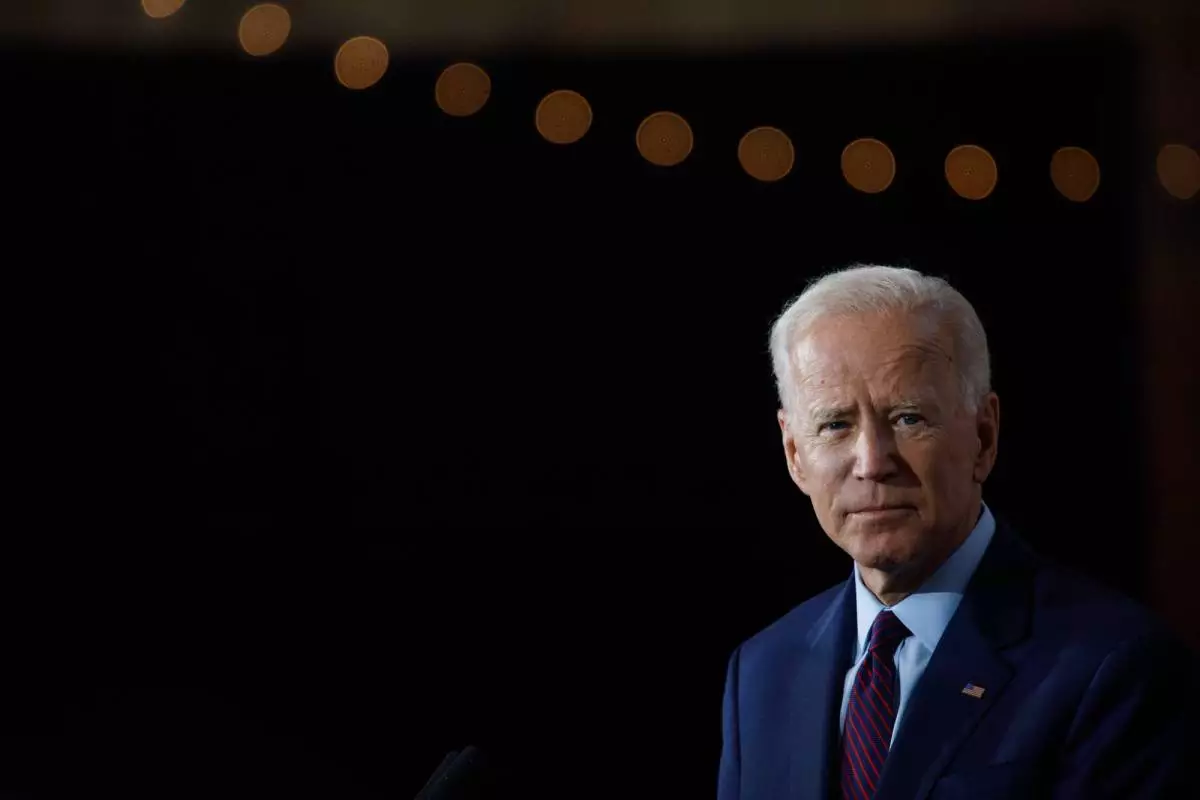As President Joe Biden approaches the final days of his presidency, he has taken a decisive step to bolster the U.S. position in the artificial intelligence (AI) sector. In an executive order issued recently, Biden allows private sector AI companies to lease federal properties owned by the Departments of Defense and Energy. This initiative is designed to facilitate the construction of AI data centers within the United States, an area rapidly gaining significance as AI technology continues to advance.
The order stipulates that these private companies, while enjoying access to federal land, will be accountable for the full financial burden of constructing, operating, and maintaining their data centers. This approach diverges from typical grant or subsidy programs, underscoring a commitment to public accountability and fiscal responsibility.
A noteworthy aspect of this executive order is the requirement that the AI companies must incorporate renewable energy sources proportional to the energy consumption of their data centers. Currently, data centers account for approximately 4% of the nation’s energy consumption, a figure anticipated to rise sharply to 9% by the decade’s conclusion. This requirement not only aims to mitigate the environmental impact associated with energy consumption but also positions the U.S. as a forward-thinking leader in renewable energy integration within technological infrastructures.
The rising demand for energy from data centers, projected to double in the next five years, underscores the urgency of this mandate. By tying the establishment of AI data centers to sustainable energy practices, the Biden administration hopes to catalyze a shift toward cleaner energy usage while expanding the domestic capabilities essential for AI advancements.
Beyond environmental concerns, the Biden administration’s directive illustrates a broader strategy to enhance national security and promote independence in AI tools and infrastructure. As global tensions rise, particularly with nations like China and Russia, Biden’s policies reflect a need for the United States to maintain hegemonic control over AI advancements and related technologies. The executive order serves as a preemptive measure against potential over-reliance on foreign entities, ensuring that domestic firms remain at the forefront of AI development.
Also relevant are the newly announced guidelines surrounding AI chip exports, which impose restrictions on specific countries and establish a quota for the majority of the global market. These measures not only signify enhanced scrutiny of technology transfers but also endeavor to safeguard U.S. technological advantages in a competitive global landscape.
Despite these strategic initiatives, the future remains uncertain as the political landscape shifts. With former President Donald Trump expected to return to office shortly, concerns abound regarding the potential reversal of numerous policies established under Biden’s tenure. This looming uncertainty could impact the progress made in AI and renewable energy initiatives, potentially destabilizing the very advancements the executive order seeks to foster.
This executive order highlights a pivotal moment in U.S. policy concerning AI, but it also raises questions about the sustainability of these initiatives amid shifting political tides. The emphasis on renewable energy and national security reflects a strategic vision, though its longevity will greatly depend on the forthcoming administration’s priorities and approaches to AI regulation.

